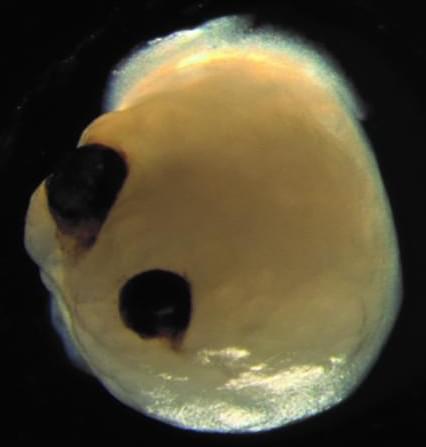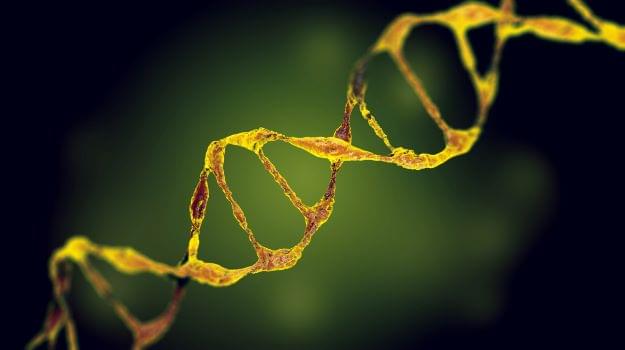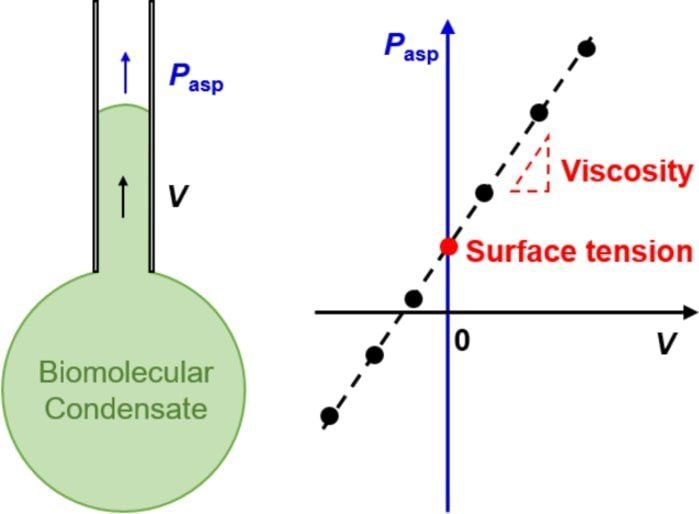The field of neuroprosthetics was around in its earliest stage in the 1950s, but it’s only just starting to show its true potential, with devices that allow amputees to feel and manipulate their surroundings.
A group of researchers from MIT and Shanghai Jiao Tong University, recently collaborated with the goal of making neuroprosthetic hands, which allow users to feel in a more accessible way. The result is an inflatable robotic hand that costs only $500 to build, making it much cheaper than comparable devices, a post from MIT reveals.
The researchers behind the new prosthetic say their device bears an uncanny resemblance to the inflatable robot in the animated film Big Hero 6. The prosthetic uses a pneumatic system to inflate and bend the fingers of the device, allowing its user to grasp objects, pour a drink, shake hands, and even pet a cat if they so wish. It allows all of this via a software program — detailed in the team’s paper in the journal Nature Biomedical Engineering — that “decodes” EMG signals the brain is sending to an injured or missing limb.




